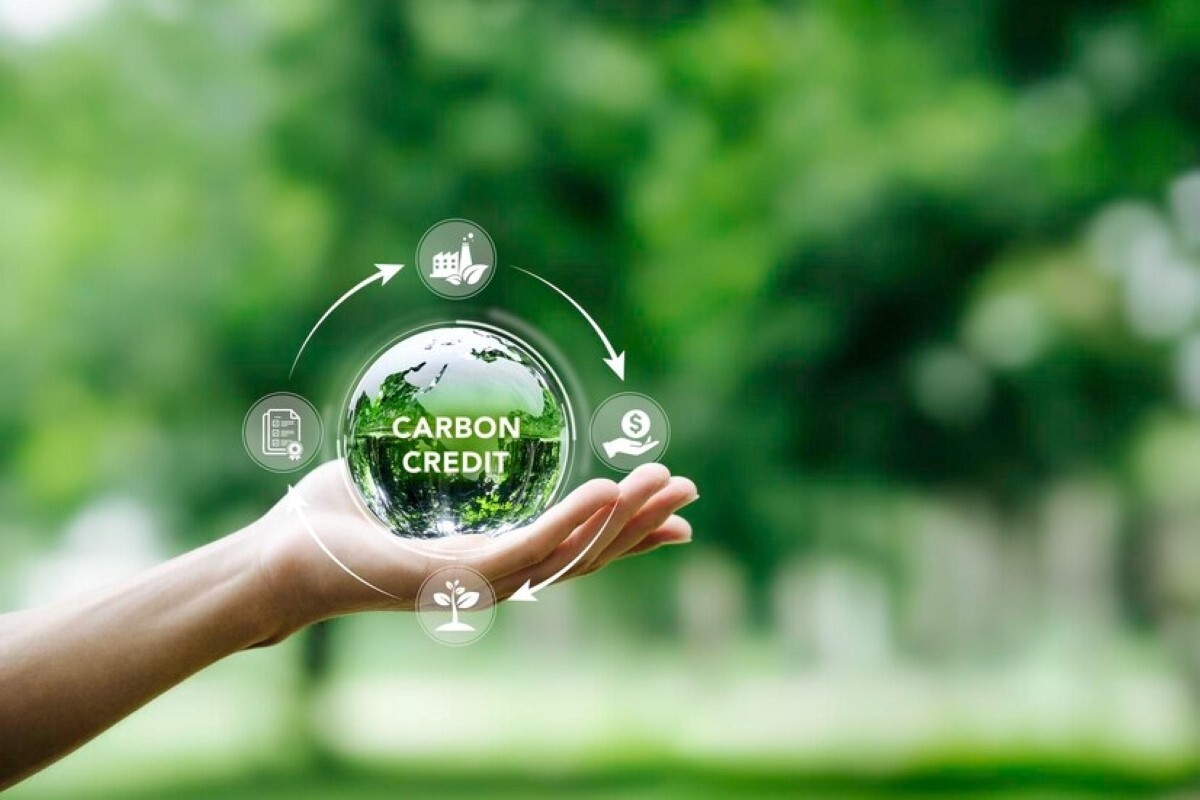您想继续阅读英文文章还
是切换到中文?
是切换到中文?

THINK ALUMINIUM THINK AL CIRCLE

The Climate Change Commission has endorsed a campaign to end free carbon credits for companies like Methanex, Rio Tinto, and NZ Steel. In a letter released overnight, the independent body highlighted significant issues with the subsidy scheme after MPs sought its input on a 6,000-signature petition currently before Parliament.

Image Source- FreePik
Don't Subsidise Pollution petition
The "Don't Subsidise Pollution" petition aims to stop the allocation of hundreds of millions of dollars in free carbon credits granted annually to manufacturers and exporters under the Emissions Trading Scheme. The free allocation scheme was introduced to prevent manufacturers of carbon-intensive products like steel, methanol, and cement from relocating production overseas to avoid emissions pricing. Lawmakers feared that such a shift would result in job losses for New Zealand while providing no real climate benefit, as manufacturing would move to countries with weaker environmental regulations.
Companies like Rio Tinto, which owns the Tiwai Point aluminium smelter, along with Methanex and NZ Steel (owned by Bluescope), receive millions of dollars’ worth of free carbon credits annually from the government. These credits, allocated based on production levels, can either be used or sold to other emitters for more than $50 per tonne.
The commission's reply said, "The petitioner has raised a number of valid policy issues with how industrial allocation operates. We see merit in investigating other approaches that could be more conducive to meeting the 2050 target and come at lower cost to taxpayers."
Importance of carbon credits for the aluminium industry
Carbon credits can help the aluminium industry lower emissions and advance toward a more sustainable model. Additionally, they can help mitigate reputational risks associated with carbon-intensive production. Carbon credits are permits that grant the holder the right to emit a specific amount of carbon dioxide or other greenhouse gases (GHGs). Each credit corresponds to one ton of carbon dioxide or its equivalent in other GHGs. Also referred to as carbon allowances, these credits are parts of a system designed to ultimately reduce greenhouse gas emissions in the atmosphere.
The International Aluminium Institute (IAI) has outlined pathways for decarbonising the aluminium industry by 2050, focusing on electricity decarbonisation, direct emissions reduction, and enhanced recycling and resource efficiency. While these strategies aim to cut greenhouse gas (GHG) emissions significantly from aluminium production, some residual emissions are still expected by the mid-century.
As the global push for net-zero emissions intensifies, aluminium producers may consider leveraging carbon credits as a complementary tool in their decarbonisation efforts. Carbon credits can help offset residual emissions, support carbon neutrality goals, and direct investment toward climate change mitigation, aligning with broader corporate ESG strategies to achieve net zero.
About the free allocation scheme
A 2020 review revealed that the free allocation scheme had led to over-allocation, with companies like Fletcher Building receiving millions more in carbon credits than intended. However, this issue has since been corrected. The petition before Parliament argues that, with pollution pricing and carbon reduction efforts now common worldwide, the government should stop forfeiting hundreds of millions of dollars in revenue by giving away these credits for free.
Instead, it suggests that the funds would be better used to help companies reduce their emissions. The petition also highlights that the top five recipients of free carbon credits generate as much pollution as over two million petrol cars, calling it unfair that motorists and households bear the cost of emissions while large, often foreign-owned, polluters do not.
The commission recommended that the government explore alternative, more cost-effective measures to address emissions leakage—the issue of carbon-intensive production moving to countries with little or no emissions regulations. It also suggested that "hybrid options" could be a viable solution. RNZ has reached out to Climate Change Minister Simon Watts to ask whether the government plans to review the scheme.
Responses








